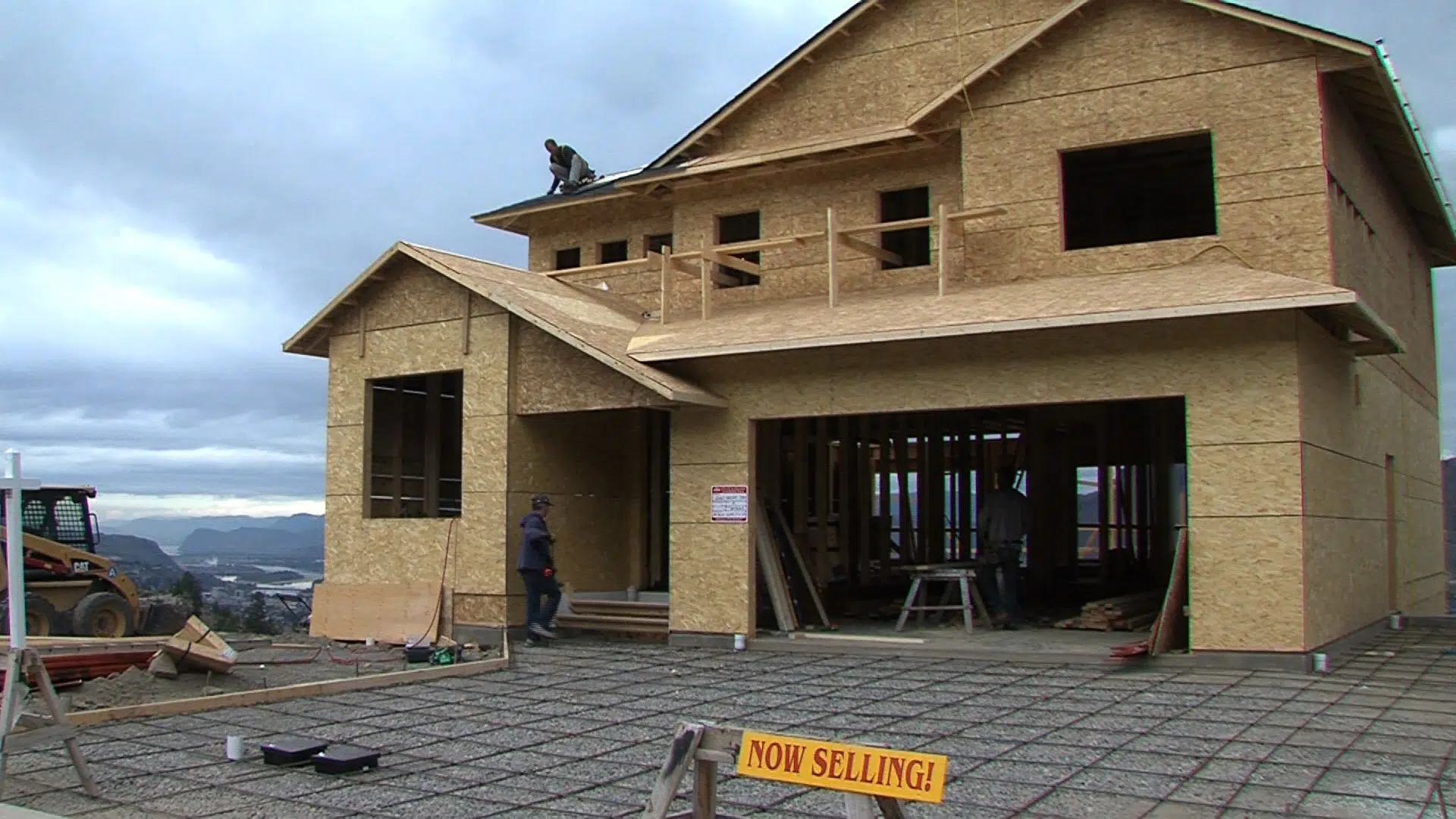
High costs expected to come with net-zero energy ready buildings
KAMLOOPS — Following the release of the Clean BC plan last week from the provincial government, Kamloops home builders are warning that those environmental improvements outlined in the plan won’t be cheap.
Already making changes to the B.C Building Code, the provincial government is aiming to have every new building be net-zero energy ready by 2032.
Those new standards mean home builders or buyers in Kamloops will have to find a way to make sure they don’t go broke going green.


